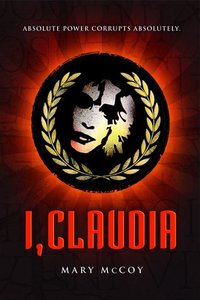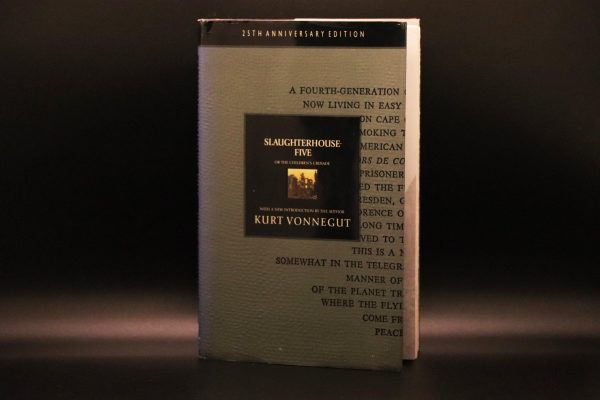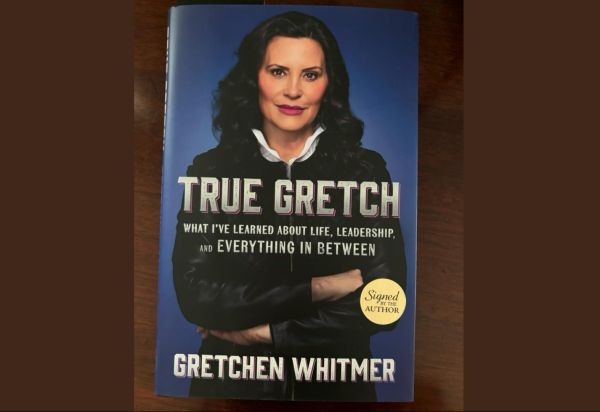“I, Claudia” by Mary McCoy

The mysterious, almost austere cover of “I, Claudia,” coupled with words on the inside cover like “Imperial Day Academy” and “tyrants waiting in the wings” put me in mind of a story set in some dystopian world, some sort of government school story in a country controlled by some kind of regime. But contrary to this expectation, “I, Claudia” turned out to be a more realistic fiction school story, full of political ideas and satire.
“I, Claudia” chronicles the exploits of high schooler Claudia, student at the prestigious Imperial Day Academy. The novel takes the form of Claudia’s long and mostly chronological responses to the rarely seen interviewer.
The story begins shortly before Claudia’s entrance to Imperial Day, introducing us to Claudia, her sister Maisie and her sister’s friends. All are members of Imperial Day’s prestigious Honor Council, which votes and enacts punishments for students’ transgressions. Imperial Day also has a Senate, which votes on and organizes school events like charity drives and school dances, but is much less powerful than the Honor Council.
Claudia is reluctantly sucked into the Senate — and Imperial Day’s world of politics — at the end of her freshman year, when she is elected one of the next year’s Sophomore Class representatives. But early her sophomore year, when an embezzlement scandal leaves the Senate confused and leaderless, she and her friend (and fellow representative) Hector must step up as vice president and president of the Senate and enact real change.
In Claudia’s junior year, Cal Hurt is elected as Honor Council President. A cruel, manipulative and violent kid, Hurt quickly takes over the school. The sycophant Honor Council swiftly punishes anyone Cal dislikes. Claudia and Hector do their best to try and stop him, but Cal seems unstoppable. Even as Claudia scrambles, she is faced with the question: Does power corrupt even the best, given time?
Overall, I felt this was a good book. I felt it was a reasonably fair depiction of politics, especially recently, sad though that may be. I also felt that the characters were well-imagined and complex, with realistic motivations and ideals. Finally, I liked the way that at the end of the book there were short transcripts of interviews with other notable characters, most of whom contradicted Claudia in one way or another. These contradictions made one wonder if Claudia might be lying at times in her narrative, and I enjoyed trying to guess where and why she might not be telling the truth.
On the other hand, there were some things I was less sure about in the story. Near the beginning, there was this thing were a fortune teller told Claudia not to go to Imperial Day. Personally, the whole scene seemed somewhat random in this story, and also felt the ‘prophecy’ told was not quite fulfilled and was not referenced enough later in the book. I also thought the idea that all this was some file in the school records was unnecessary and slightly odd.
“I, Claudia” should appeal to many readers. Though at its baseline it is a school story and realistic fiction, I feel that looking deeper it is an insightful commentary on politics. Anyone who enjoys realistic fiction or school stories should enjoy this book, as well as anyone who enjoys political satire. Even if you do not think you enjoy those genres, you should try this book. A Michael J. Printz Honor Book, “I, Claudia” is an insightful and deep read.














